Organisation
The AIB consists out of the Board, General Meeting, Units, Scheme Groups, Task Forces and the Secretariat.
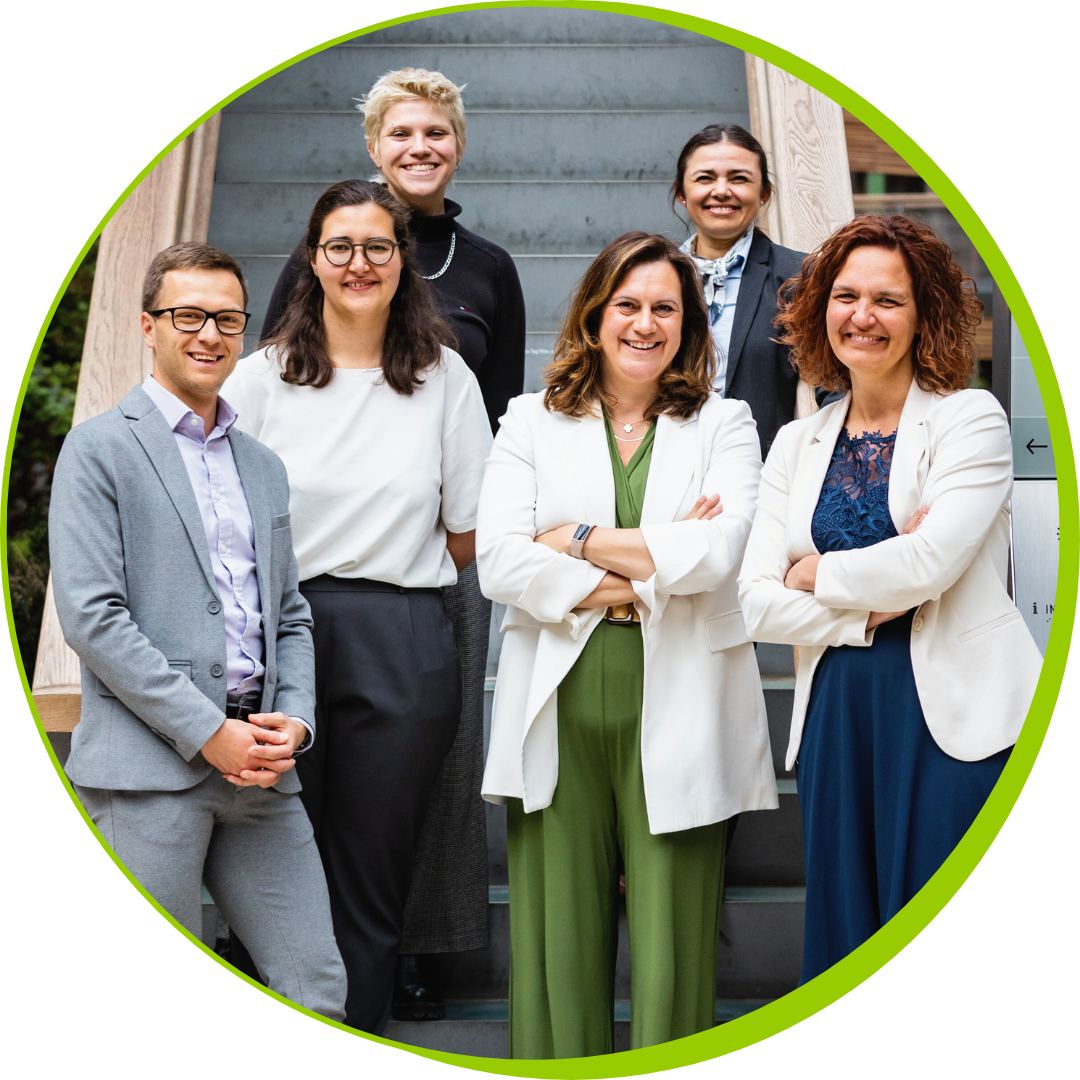
Secretariat
The AIB Secretariat is a small, dynamic, and highly dedicated team that supports the Association’s daily operations. Headed by Liesbeth Switten, Secretary General, the Secretariat ensures continuity, coordination, and administrative support across all AIB activities.
The team facilitates collaboration among members — organising key meetings and events, supporting members, and implementing decisions taken by the AIB organs. It also helps drive strategic initiatives and maintains close contact with stakeholders and policymakers across Europe.
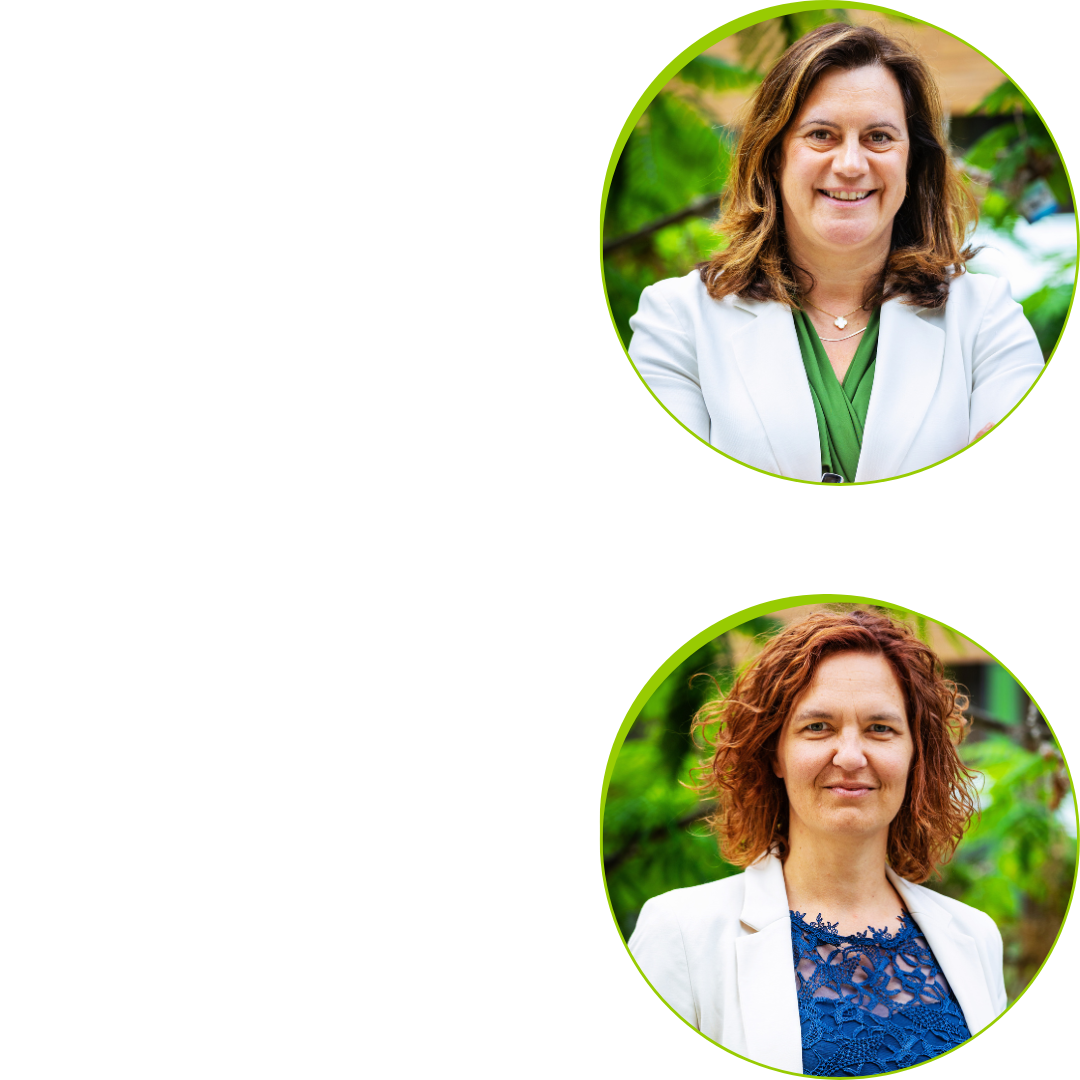
Liesbeth Switten
acting on behalf of Liesbeth Switten BV,
Secretary General at AIB
Liesbeth@aib-net.org
Katrien Verwimp
EECS Strategy Coordinator
Katrien@aib-net.org
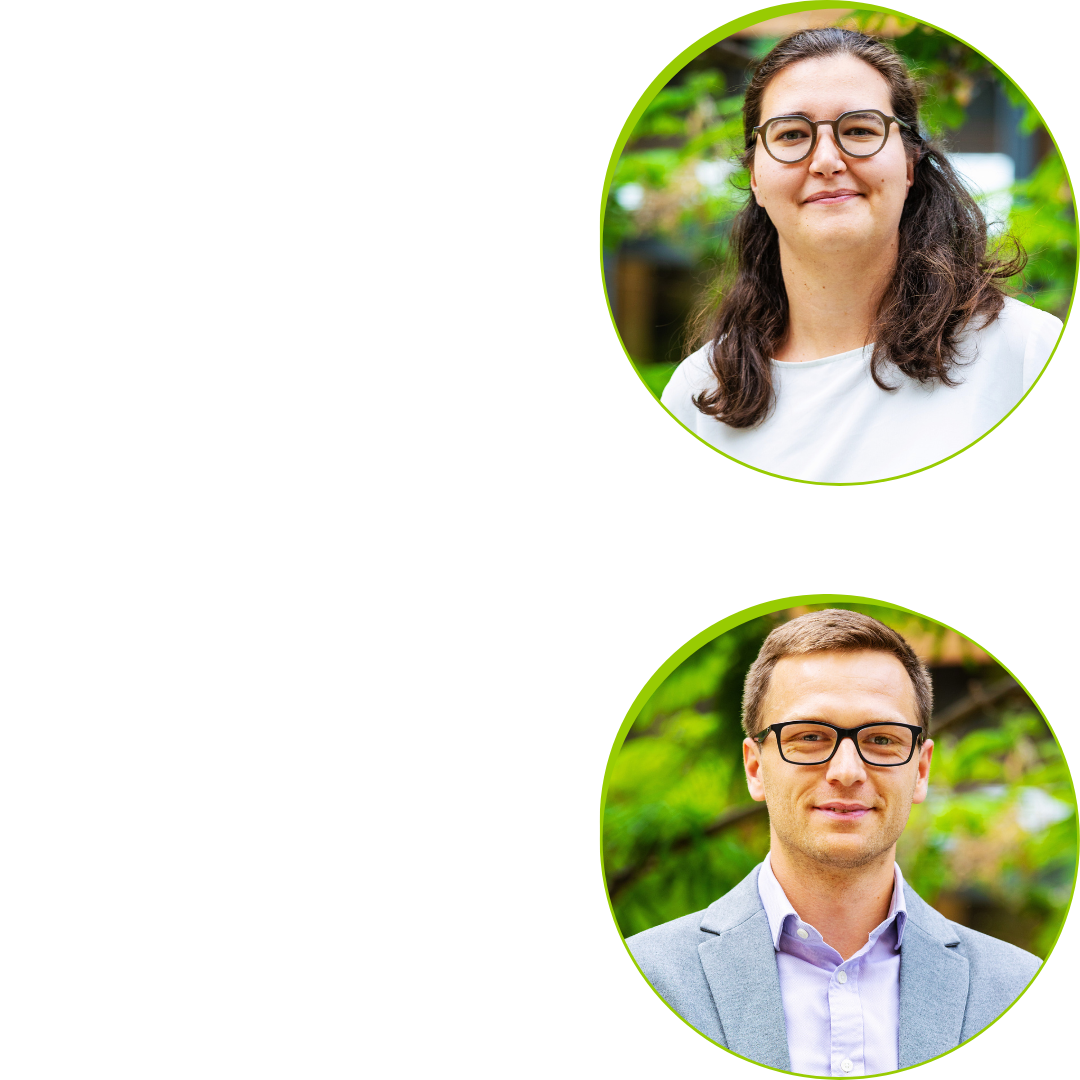
Giulia Nicolini
Executive Assistant
Giulia@aib-net.org
Martin Standera
IT Application Officer
Martin@aib-net.org

Nicki Hoffmann
Communications- & Policy-Officer
Nicki@aib-net.org
Ana Leandro
EECS Quality Officer
Ana@aib-net.org
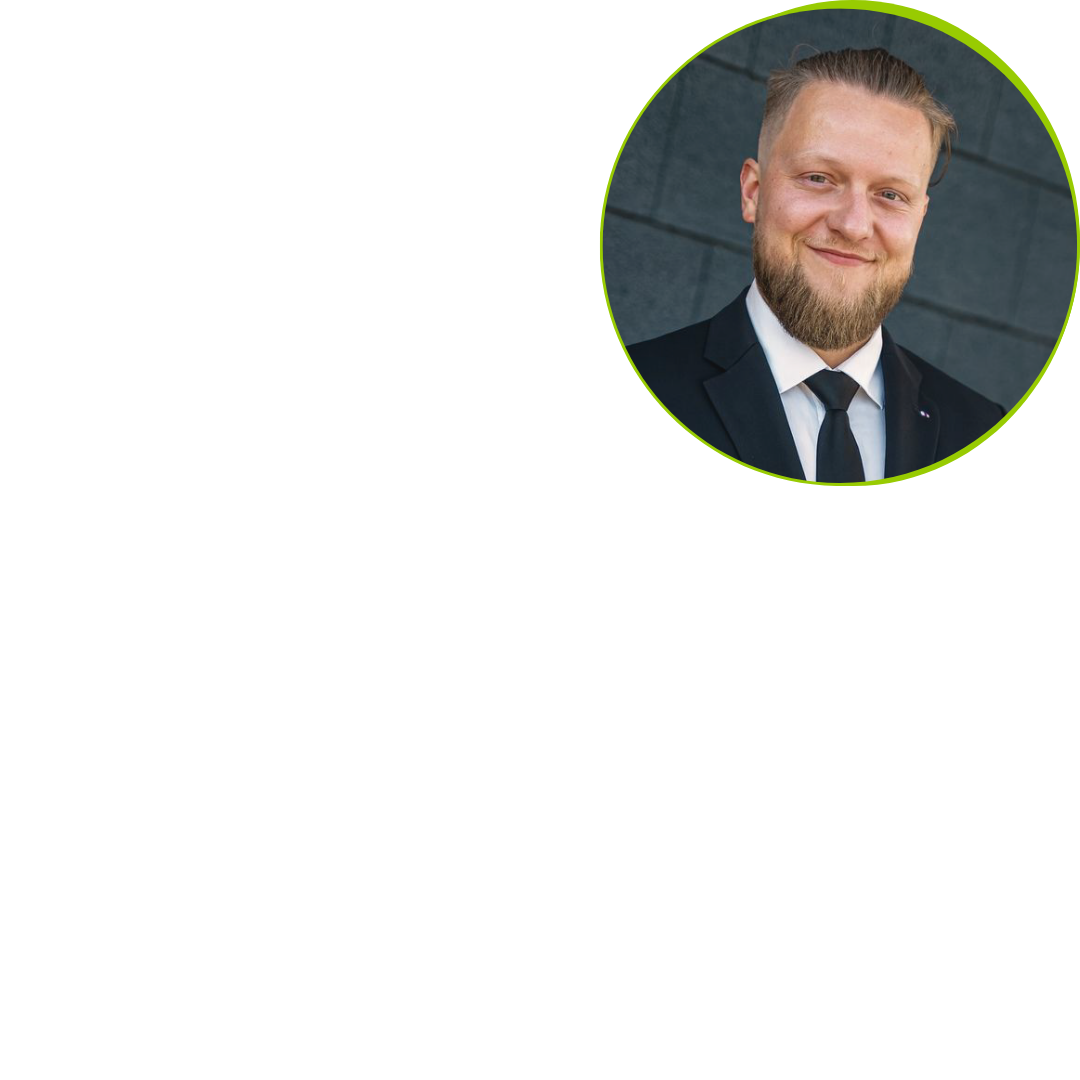
Our Professional Reviewers
Featured below (in order of appearance in the image), our dedicated Professional Reviewers are:
Phil Moody, Christos Toufexis, Pierre-Yves Cornélis, Katrien Verwimp (Chairperson of the Professional Reviewers Group), Emma Kelly, Erwin Cornelis, and Chris Pooley.

The Board
The Board is responsible for the overall management of the AIB and holds residual powers. It meets monthly, alternating between physical meetings and teleconferences.
The general cycle of meetings is designed to align with key milestones — for example, the budgetary plans are approved at the December General Meeting.
More information on this link.
The Units
Units meet as necessary, from monthly to bi-monthly. These address ongoing issues, such as:
- Regulation of the Association
- Development of the EECS standard
- Registry-registry communications
- Communication with members and third parties
The Scheme Groups
Scheme Groups deal with issues related to specific energy carriers. They consist of the Scheme Members of a specific EECS Scheme, for a start:
- Electricity Scheme Group
- Gas Scheme Group
Each Scheme Group is responsible for:
- Setting membership fees (within GM-approved min/max)
- Approving the Scheme Group budget
- Appointing and dismissing Scheme Group chairs
- Organising events for external parties
- Amending scheme-specific parts of the EECS Rules
- Approving and amending "Standard Terms and Conditions" templates
- Approving Disclosure Provider (DP) changes
- Approving member audits
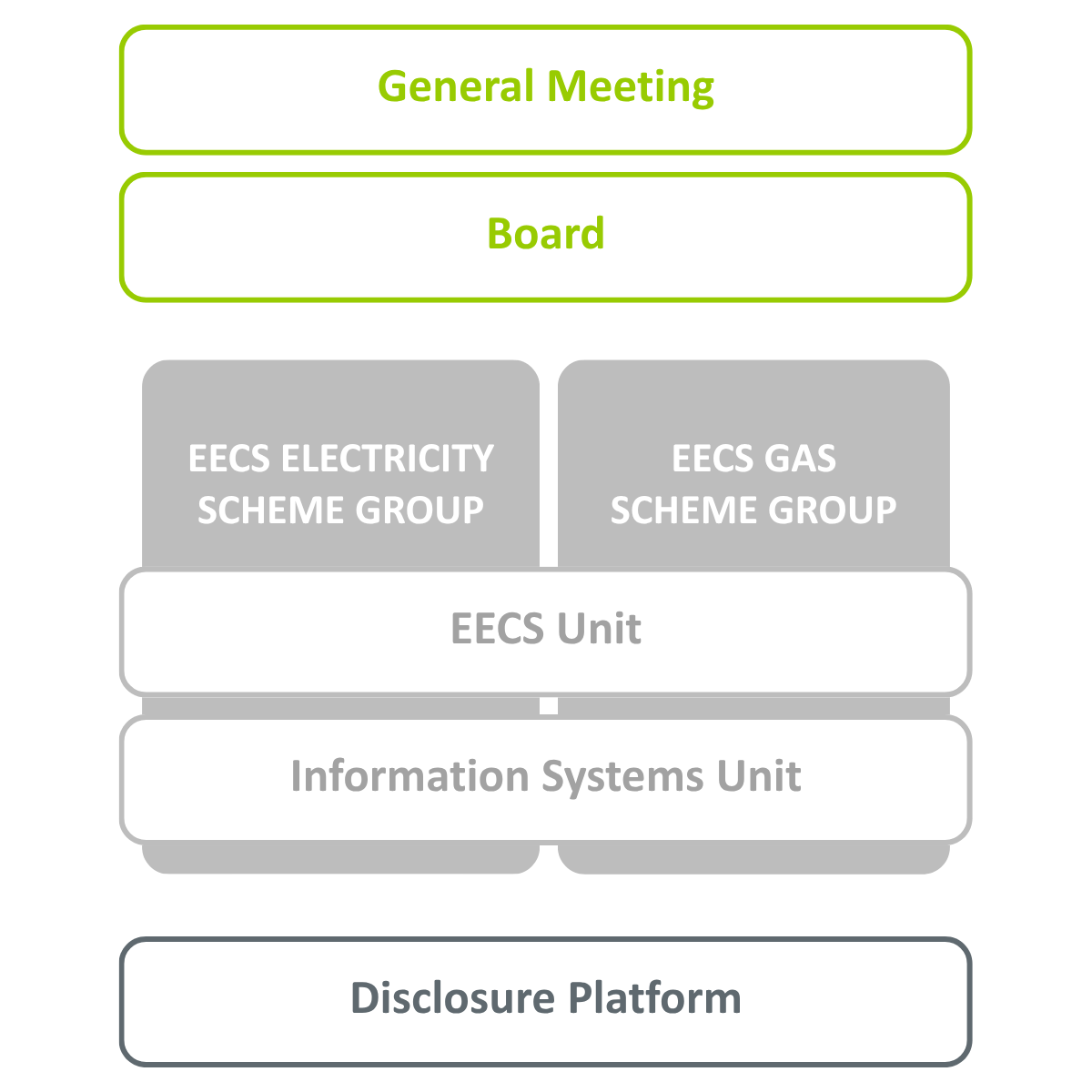
The General Meeting
The General Meeting gathers all AIB members. It used to meet quarterly at varying locations in Europe, but after the reorganisation this is brought back to two meetings. Its decisions are advised by the Units, Scheme Groups and Task Forces, and implemented by the Board and Secretariat.
Competences
- Approval of the long-term vision and of an annual strategy roadmap
- Approval of the annual action plan
- Dissolve the Association and appoint liquidators
- Transform the Association into another form (e.g. a corporation)
- Change to the voting rights and procedures within the GM
- Contracts above €30,000 with external organisations
- Exclude AIB members from the Association
- Admit new EECS scheme members
- Set minimum and maximum membership fees
- Approve the annual budget and end-of-year accounts
- Participation in EU projects
- Discharge of Board members annually
- Appoint and dismiss Board roles: members, Chair, Vice-Chair, Treasurer, etc.
- Set remuneration for Board officials
- Appoint/dismiss external auditors and the Secretary General
- Amend the Articles of Association
- Annual validation of changes to EECS Rules
Internal Rules
- AIB Procurement Policy
- Code of Conduct for Board members and officials
- Guidelines for Public Communication
Note: AIB meetings span two days to allow both working and executive-level decisions. Meetings may be held in formal or informal settings.
A social event, such as a dinner, encourages informal discussion among members.
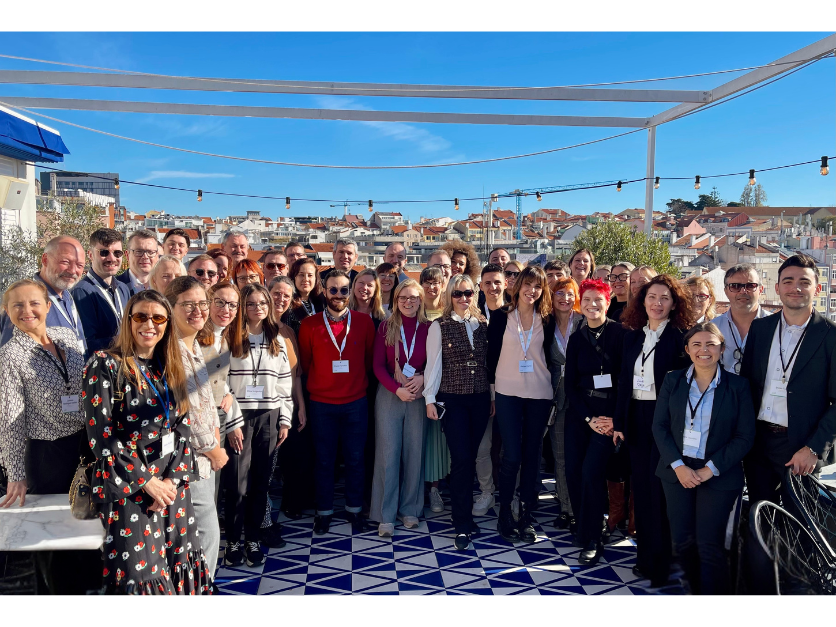
The Task Forces
Task Forces are temporary working groups established to address focused, time-limited topics. In recent years, they have tackled issues such as:
- ➤ Reviewing fee structures
- ➤ Developing new EECS Products
- ➤ Defining the international residual mix
- ➤ Building the AIB inter-registry Hub
- ➤ Refining specific EECS business processes
- ➤ Drafting recommendations to protect members from financial fraud
